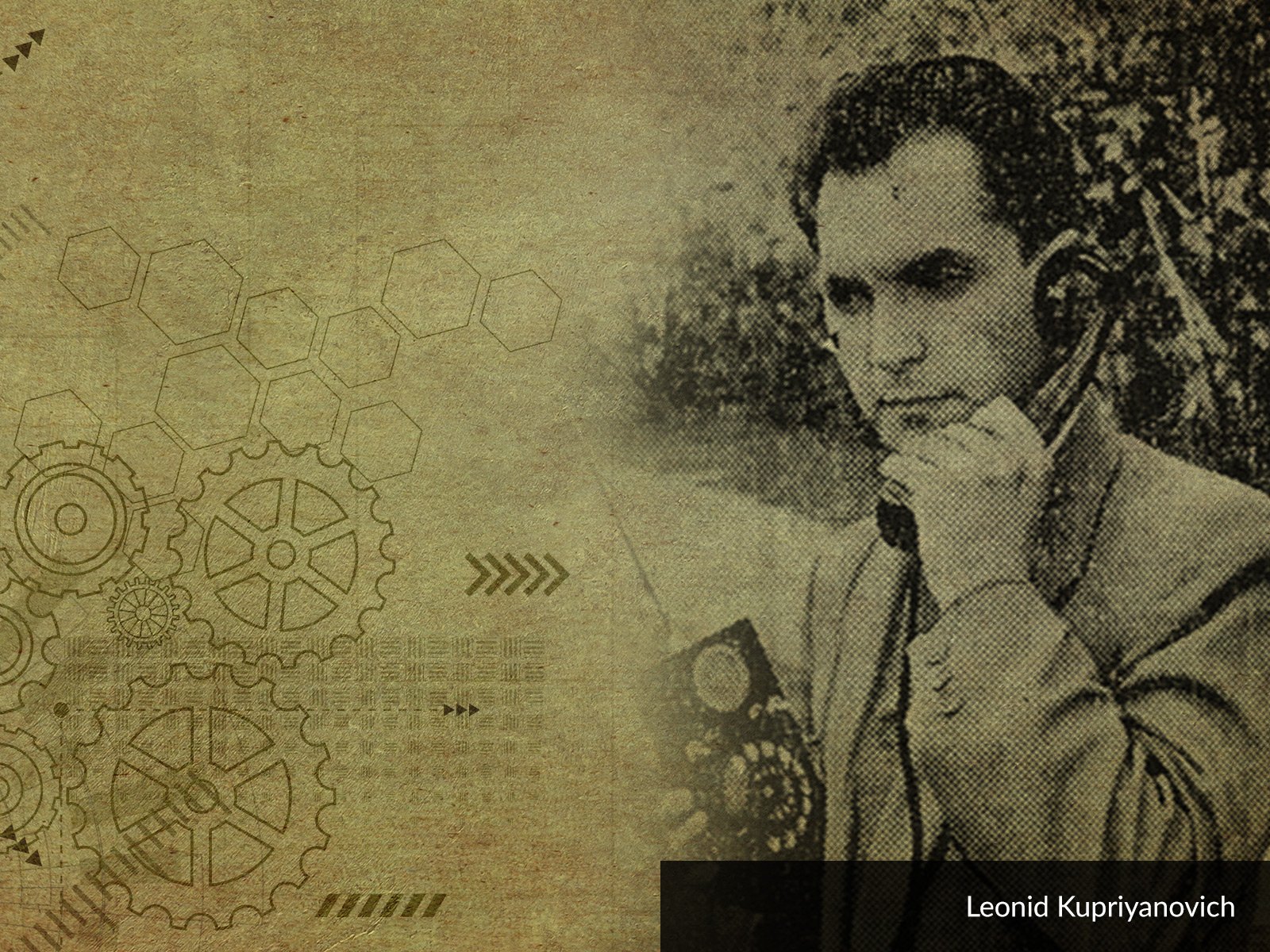
Dov Frohman celebrates his 83rd birthday today (28.03). He was born in Amsterdam and his parents were Jews who moved to the Netherlands from Poland. His childhood was rough. When he was just 3 years old, his parents put him in the care of acquaintances in the Dutch resistance, which fought against the Nazi occupiers. They placed him with the Van Tilborghs family, and he survived the war in hiding. His parents were not so lucky. Frohman ended up in an orphanage in Palestine, and in 1949 was transferred to the newly formed state of Israel, where he was adopted by relatives.
He studied electrical engineering in Haifa and later, after moving to the United States, he earned his doctorate at Berkley. As was the case with many talented engineers, Palo Alto quickly became interested in Dov Frohman, who began working for Fairchild Semiconductor as early as 1965. After a few years, however, he joined the newly formed Intel Corporation. There he dealt with the analysis and correction of errors in subsequent products created in the laboratories of the future computer giant. The focus was on solid-state memories - ROM and RAM chips. Dov Frohman has achieved success, successfully combining the advantages of both solutions in the form of EPROM. The chips allow easy writing and programming like in the case of RAM, but unlike RAM, they don’t lose their charge, along with all the information encoded on them, when their power source is turned off (as is the case with ROM chips, which in turn did not allow overwriting data). No user of flash memory, which is based on technology developed by Frohman, needs to be convinced of the importance of this invention. We can find them in popular memory cards or USB sticks; for more information, read our article on Dov Moran. Additional confirmation of the value of this invention is the fact that EPROM systems were a key product of Intel in the 1980s.
Over time, Dov Frohman returned to Israel, where he took on the task of developing Intel Israel, the company's first design centre outside the United States. He was also active as an academic, lecturing in Ghana and Israel, among other places.
Few recent inventions are as popular as non-volatile memory. It is possibly the most important component of many everyday devices. A computer that "can't remember" seems almost useless today. t should be noted how much importance we attach to protecting our data, priceless photos or correspondence, the existence of which is increasingly determined by the potential difference in integrated circuits. The idea of storing information in this way still sounds like something out of a science fiction novel, and yet - everyone has a phone with a flash drive. And theoretically, it is no different from the memory in a TV or camera. SD cards, flash drives, or SSDs owe their existence to Frohman's invention. Without it, it would be impossible to create modern microcontrollers and microprocessors, powering electronics in all aspects of human life – from home applications to space flights. The ability to save settings is crucial in many industrial devices, sensors, and controllers – it has therefore become a catalyst that drives innovation.
Let us not, ironically, allow the name of Dov Frohman, the inventor of non-volatile memory, to be forgotten.





